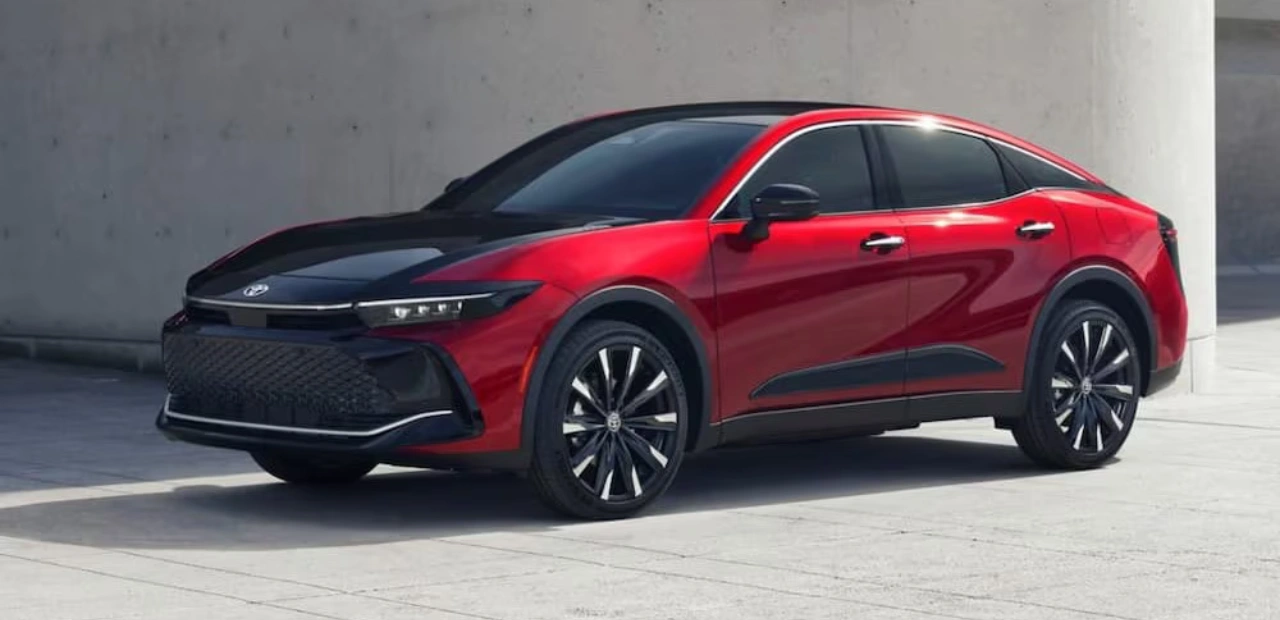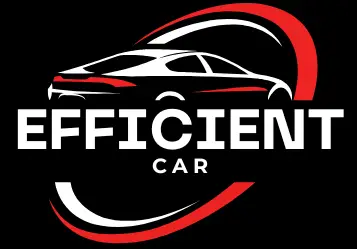The different types of fuel-efficient cars

Electric Vehicles: Revolutionizing Fuel Efficiency
Electric vehicles (EVs) have emerged as a game-changing technology in the transportation industry, revolutionizing fuel efficiency on the roads. With their advanced electric drive systems and zero-emission capabilities, EVs offer a cleaner and greener alternative to conventional gasoline-powered cars. The increasing popularity of EVs can be attributed to their numerous advantages, including lower operating costs and reduced dependence on fossil fuels.
One of the key reasons why EVs are considered highly fuel efficient is their ability to convert electrical energy into mechanical energy with minimal energy loss. Unlike internal combustion engines, which are notorious for wasting a significant amount of energy as heat, electric motors have high energy conversion efficiencies. This means that a larger portion of the energy stored in the vehicle's battery is actually used to move the car forward, resulting in improved fuel efficiency. Additionally, the regenerative braking system in EVs further contributes to their fuel efficiency by capturing and storing energy that would otherwise be lost as heat during braking. So, every time an EV slows down or comes to a halt, the energy generated is harnessed and stored in the battery for later use, maximizing the energy efficiency of the vehicle.
EVs also excel in the area of energy conservation. With the ability to harness electricity from renewable sources such as solar or wind power, EV users have the option to charge their vehicles using clean and sustainable energy. This not only reduces greenhouse gas emissions but also helps to decrease the overall reliance on non-renewable energy sources. Furthermore, the growing network of public charging stations is making it more convenient for EV owners to charge their vehicles, allowing them to travel longer distances without worrying about running out of battery power. As renewable energy technologies continue to advance, the potential for even greater fuel efficiency in EVs will continue to improve, propelling us towards a cleaner and more sustainable transportation future.
Hybrid Cars: The Perfect Balance of Power and Efficiency
Hybrid cars have emerged as a popular choice for individuals seeking the perfect balance between power and efficiency. By combining a traditional internal combustion engine with an electric motor, these vehicles offer an efficient and eco-friendly alternative to pure gasoline-powered cars. The integration of these two power sources results in improved fuel efficiency and reduced emissions, making hybrid cars a compelling option for environmentally conscious consumers.
One of the key advantages of hybrid cars is their ability to switch between the internal combustion engine and the electric motor, based on driving conditions and power requirements. This intelligent system allows the car to utilize electric power during low-speed city driving, where fuel efficiency is crucial. On the other hand, the internal combustion engine kicks in during highway driving or when additional power is needed. This seamless transition between the two power sources ensures that the car constantly operates at its optimal efficiency, maximizing fuel economy without compromising on performance.
Plug-in Hybrid Vehicles: Combining Electric and Gasoline Power
One of the most intriguing advancements in the realm of green transportation is the emergence of plug-in hybrid vehicles. Combining the best of both worlds, these vehicles offer the convenience of gasoline power with the efficiency and environmental friendliness of electric power. Plug-in hybrid vehicles have gained significant popularity in recent years, and for good reason.
The key feature that sets plug-in hybrids apart from conventional hybrids is their ability to be charged from an external power source, such as a wall socket or electric charging station. This allows the vehicle to operate solely on electric power for a certain range, typically between 20-50 miles, before switching over to gasoline power. The electric power can be recharged overnight, making it incredibly convenient for daily commuting or short trips. This dual power capability not only reduces dependence on fossil fuels but also provides greater flexibility for longer journeys, eliminating any range anxiety that may be associated with pure electric vehicles.
Hydrogen Fuel Cell Cars: The Future of Clean Energy Transportation
As the world strives towards a more sustainable future, hydrogen fuel cell cars are emerging as a promising solution for clean energy transportation. With zero emissions and high energy efficiency, these vehicles are paving the way for a future where environmental concerns and transportation go hand in hand.
One of the key advantages of hydrogen fuel cell cars lies in their ability to produce electricity through a chemical reaction between hydrogen and oxygen, with water as the only byproduct. This clean and renewable source of energy not only reduces greenhouse gas emissions but also reduces our dependence on fossil fuels. Furthermore, hydrogen fuel cell cars have a longer driving range and shorter refueling time compared to electric vehicles. Their potential to revolutionize transportation is undeniable, as these vehicles offer a sustainable and practical solution to meet our mobility needs without compromising the health of our planet.
Natural Gas Vehicles: A Cleaner Alternative to Traditional Fuels
Natural gas vehicles (NGVs) have emerged as a viable and cleaner alternative to traditional gasoline-powered vehicles. With increasing concerns about air pollution and carbon emissions, NGVs offer a promising solution to reduce the environmental impact of transportation.
One of the key advantages of natural gas as a fuel is its lower carbon content compared to gasoline or diesel. When combusted, natural gas emits fewer greenhouse gases, such as carbon dioxide and methane, which contribute to climate change. This makes NGVs a more sustainable option for those seeking to mitigate their carbon footprint. Additionally, natural gas is abundantly available in many regions, reducing dependence on foreign oil imports and enhancing energy security for countries.
Furthermore, NGVs offer economic benefits. Natural gas is generally cheaper than gasoline or diesel, resulting in cost savings for consumers. This is particularly advantageous for fleets and businesses that rely heavily on transportation, as they can significantly reduce fuel expenses by switching to NGVs. Moreover, the maintenance costs of NGVs are comparatively lower, owing to the cleaner-burning nature of natural gas, which leads to reduced engine wear and tear.
As technological advancements and infrastructure development continue to support natural gas vehicles, their adoption is expected to grow. This presents an opportunity to transition towards a more sustainable and environmentally friendly transportation system. With cleaner emissions, reduced costs, and abundant availability, natural gas vehicles are paving the way for a greener future in the automotive industry.
Biofuel Cars: Harnessing Renewable Energy Sources
Biofuel cars offer a promising solution for reducing dependence on fossil fuels and promoting sustainability in the transportation sector. By harnessing renewable energy sources, biofuels have the potential to greatly reduce greenhouse gas emissions and mitigate the impacts of climate change. Derived from organic materials such as corn, soybeans, or waste products, biofuels can be produced domestically, reducing reliance on imported oil and providing economic benefits.
One of the main advantages of biofuel cars is their compatibility with existing infrastructure, unlike alternative fuels such as hydrogen or electric vehicles. This means that biofuels can be seamlessly integrated into the current transportation system without requiring extensive modifications to refueling stations or vehicle designs. Additionally, biofuels are a renewable energy source that can be produced on a large scale, ensuring a consistent supply for the growing number of biofuel cars on the road. As research and development continue to advance in this field, biofuels are poised to play a vital role in our transition towards a more sustainable and greener future.
